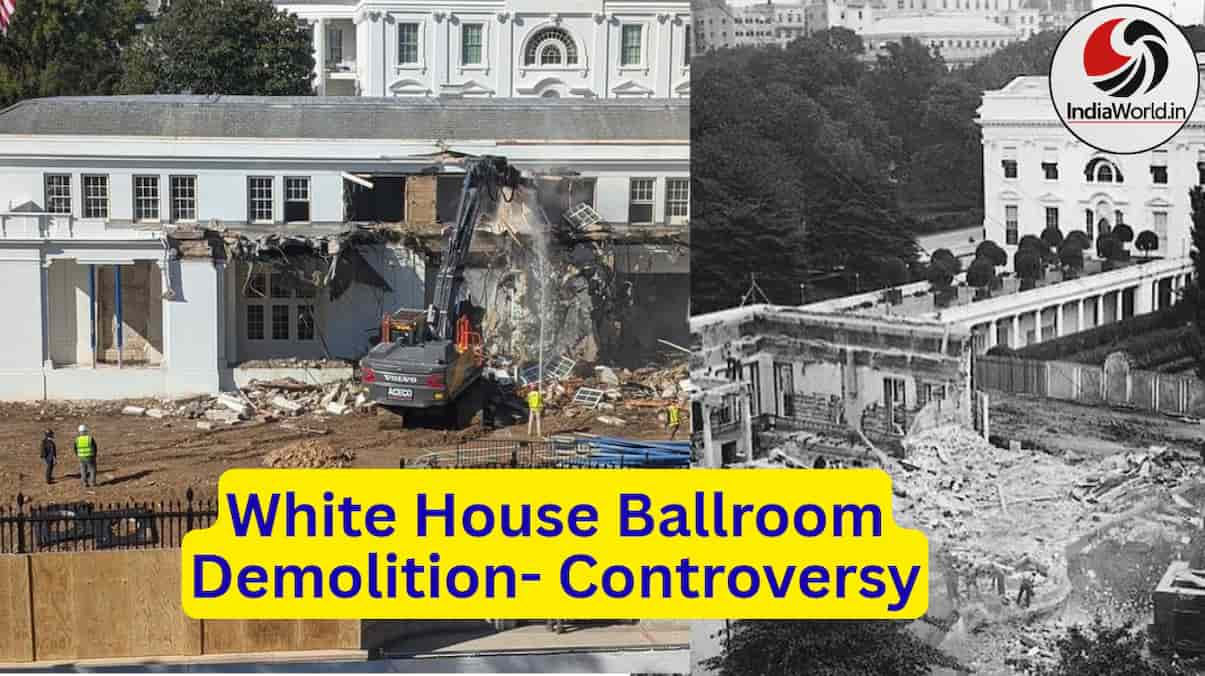Elon Musk on H-1B Visas: Why America Needs Global Talent to Stay Strong
Elon Musk, CEO of Tesla and SpaceX, has long championed the H-1B visa program as a critical tool for attracting top global talent to the United States. In a recent post, Musk emphasized that “H1B makes America strong,” highlighting how skilled foreign workers have helped build iconic companies like Tesla and SpaceX. As debates heat up over rising visa fees and hiring practices, Musk’s stance sheds light on the importance of immigration in driving innovation and economic growth.
Elon Musk’s Bold Support for H-1B Visas
Elon Musk isn’t just known for rockets and electric cars—he’s also a vocal advocate for smart immigration policies. In a December 2024 post on X (formerly Twitter), Musk stated, “The reason I’m in America, along with so many critical people who built SpaceX, Tesla and hundreds of other companies that make America strong, is because of H1B.” His message was clear: the H-1B visa program is essential for keeping the U.S. competitive in a global economy.
Alongside entrepreneur Vivek Ramaswamy, Musk had previously led the Department of Government Efficiency (DOGE), where they pushed for reforms that would make it easier for U.S. companies to hire top international talent.
Tesla’s Legal Battle Over Visa Hiring Practices
Despite Musk’s praise for the H-1B program, Tesla found itself in hot water in September 2025. A lawsuit alleged that the company favored visa holders over American workers to cut labor costs. According to the complaint, Tesla hired around 1,355 foreign workers while laying off over 6,000 U.S. citizens.
Critics argued that visa holders are often paid less than their American counterparts, a practice known as “wage theft.” While visa workers make up only a small portion of the U.S. labor market, the lawsuit claimed Tesla’s hiring practices were skewed in favor of cheaper labor.
Trump’s H-1B Visa Fee Hike: What It Means
In a dramatic policy shift, President Donald Trump announced a steep increase in H-1B visa fees—up to $100,000 per foreign employee. Effective from September 21, 2025, the new fee structure is designed to encourage companies to hire more American workers and reduce reliance on foreign labor.
Trump described the H-1B program as being “systemically abused,” especially by IT outsourcing firms. He argued that the program makes it harder for U.S. college graduates to find jobs, as companies can hire foreign workers at a discount.
Impact on Indian Tech Professionals
The fee hike has sent shockwaves through India’s tech community. Immigration lawyer Sophie Alcorn warned that the new costs could limit job mobility and make visa renewals prohibitively expensive. Employers may hesitate to sponsor early-career professionals, potentially pushing skilled workers to seek opportunities in countries like Canada, the UK, UAE, or Saudi Arabia.
Given that Indian nationals made up 71% of approved H-1B petitions in the fiscal year ending September 2024, the policy change could have widespread consequences. Most of these workers are employed in computer-related fields, earning an average salary of $120,000.
Why Indian Talent Dominates the H-1B Landscape
India’s dominance in the H-1B program isn’t accidental. The country produces a vast pool of highly skilled tech professionals, many of whom are trained in software engineering, data science, and AI. These workers are crucial to the success of U.S. tech giants like Microsoft, Meta, Amazon, and Tesla.
With H-1B visas typically lasting up to three years, they offer a stable pathway for foreign professionals to contribute to the American economy. However, the new fee hike could disrupt this flow of talent and force companies to rethink their hiring strategies.
The Bigger Picture: Immigration and Innovation
Musk’s advocacy for the H-1B program isn’t just about business—it’s about the future of American innovation. By welcoming skilled workers from around the world, the U.S. can maintain its leadership in technology, science, and entrepreneurship.
Restrictive policies, on the other hand, risk driving talent away and slowing down progress. As Musk put it, “H1B makes America strong.” It’s a reminder that diversity and global collaboration are key ingredients in building a better future.
Industry Reactions to the Fee Hike
Major tech firms have expressed concern over the new visa fees. Microsoft, JP Morgan, and other industry leaders warned that the policy could negatively impact the IT sector. Some companies have even issued directives asking visa holders to return to the U.S. immediately to avoid complications.
Meanwhile, social media has erupted with memes and commentary, reflecting both frustration and humor over the sudden changes. The fee hike has become a hot topic in boardrooms and online forums alike.
What’s Next for H-1B and Global Talent?
As the debate continues, one thing is clear: the future of the H-1B program will shape the trajectory of American innovation. Policymakers must strike a balance between protecting domestic jobs and embracing global talent.
For now, professionals and companies alike are bracing for change. Whether it’s through advocacy, legal challenges, or strategic pivots, the tech industry is gearing up for a new chapter in immigration policy.










